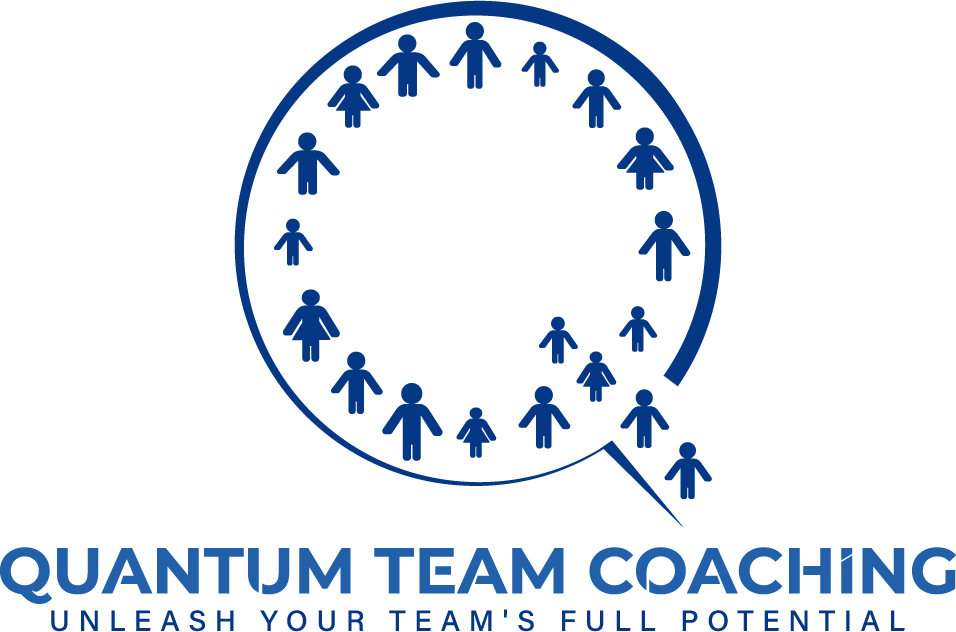In the pursuit of greater productivity, teams often focus on enhancing the hard skills needed to perform their tasks—technical expertise, specialized knowledge, and proficiency with tools or systems. While these skills are undoubtedly important, they only form part of the equation. In many cases, the real catalyst for productivity lies not in hard skills, but in the often-overlooked domain of soft skills. This article explores how team coaching that targets these soft skills can align team members’ efforts, creating synergy that leads to maximum productivity.
The Misconception: Hard Skills vs. Soft Skills
It’s easy to assume that to improve productivity, a team must first improve its technical capabilities. While this is sometimes true, a more effective approach often involves enhancing the team’s soft skills—the interpersonal and communication skills that facilitate better collaboration and understanding among team members. Soft skills are the glue that holds a team together, enabling it to function as a cohesive unit rather than a collection of individuals working in parallel.
Why Synergy Matters
Synergy in a team context refers to the phenomenon where the combined efforts of the group produce a result greater than the sum of individual contributions. This is where the true potential of a team is realized—when each member’s strengths are complemented by those of others, creating an environment where collaboration leads to innovation and superior outcomes.
However, synergy doesn’t happen by accident. It’s the result of deliberate efforts to align the team’s members, ensuring that everyone is moving in the same direction with a shared understanding and purpose. This alignment is where soft skills come into play, and where team coaching becomes an invaluable tool.
Key Soft Skills for Enhancing Synergy
- Communication: Clear, open, and effective communication is the foundation of any successful team. When team members are skilled in both expressing their ideas and actively listening to others, misunderstandings are minimized, and collaboration is enhanced. Good communication ensures that everyone is on the same page, which is essential for achieving synergy.
- Planning: A team that excels in planning is one that knows how to set realistic goals, prioritize tasks, and allocate resources efficiently. Planning is not just about what needs to be done, but also about how it will be done—considering each member’s strengths and how they can best contribute to the team’s objectives.
- Conflict Resolution: Conflict is inevitable in any team, but how it’s managed makes all the difference. Teams with strong conflict resolution skills can address disagreements constructively, finding solutions that satisfy all parties and prevent disruptions to the workflow. Effective conflict resolution preserves and even strengthens team synergy by turning potential friction into an opportunity for growth.
- Values Alignment: When team members share common values, they are more likely to work together harmoniously and stay committed to their goals. Values alignment ensures that everyone is motivated by the same principles, creating a strong foundation for teamwork and mutual respect.
- Adaptability: In today’s fast-paced work environment, adaptability is crucial. Teams that can quickly pivot in response to new challenges and opportunities are better positioned to maintain their productivity. Adaptability as a soft skill allows team members to embrace change rather than resist it, ensuring that the team remains agile and responsive.
- Mission & Vision: A clear understanding of the team’s mission and vision aligns the efforts of all members. When everyone knows the bigger picture and their role within it, they are more likely to contribute meaningfully to the team’s success. Mission and vision provide a sense of direction, guiding the team’s actions and decisions toward a common goal.
The Role of Team Coaching in Aligning Soft Skills
Team coaching plays a crucial role in developing and aligning these soft skills within a team. Through targeted interventions, a coach can assess the current dynamics of the team, identify areas for improvement, and implement strategies to enhance communication, planning, conflict resolution, values alignment, adaptability, and understanding of the mission and vision.
The coaching process typically begins with a comprehensive assessment, including meetings with the team’s sponsor and surveys or interviews with team members. This initial step provides valuable insights into the team’s strengths and weaknesses, allowing the coach to tailor the approach to the team’s specific needs.
Once the key areas for improvement are identified, the coach works with the team through a series of interventions. These might include workshops, role-playing exercises, group discussions, and one-on-one coaching sessions. The goal is to not only develop the necessary soft skills but also to ensure that these skills are consistently applied in the team’s day-to-day interactions.
The Outcome: Enhanced Synergy and Productivity
As the team’s soft skills improve, so does its synergy. Communication becomes clearer, conflicts are resolved more effectively, plans are executed with greater precision, and everyone remains aligned with the team’s mission and vision. This alignment leads to a more cohesive team that works together seamlessly, ultimately resulting in increased productivity.
The beauty of focusing on soft skills is that the benefits are not just immediate but also long-lasting. A team that has developed strong soft skills is better equipped to handle future challenges and adapt to changes, ensuring sustained productivity over time.
Conclusion
In the quest for greater productivity, it’s easy to focus solely on hard skills and technical training. However, the real secret to unlocking a team’s full potential lies in the development of soft skills. By investing in team coaching that targets these areas, organizations can create synergy within their teams, aligning their efforts and driving them toward success. The result is a team that not only performs well but also thrives in an environment of collaboration, communication, and shared purpose.






